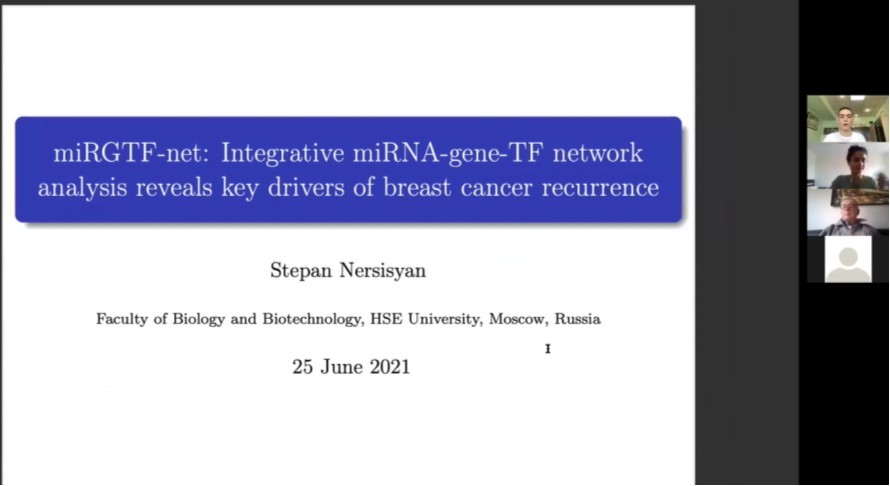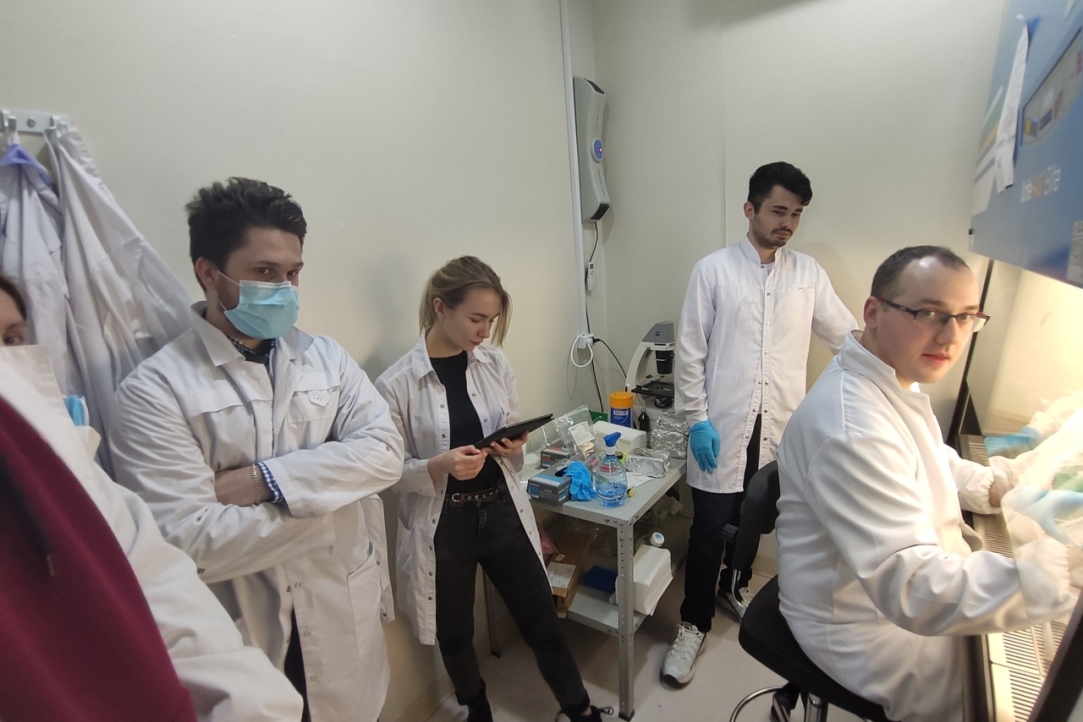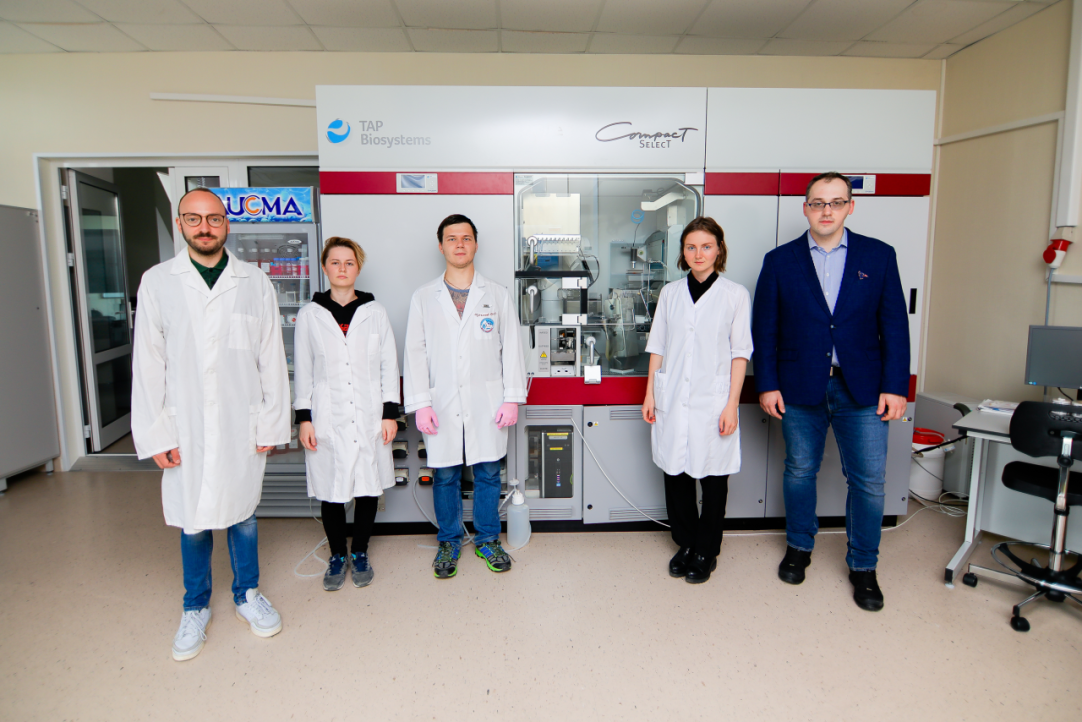
Hormones Can Help Brain Recover after Injury
An international team of researchers including Alexander Tonevitsky, Professor at HSE’s Faculty of Biology and Biotechnology, found that pituitary hormones may produce different effects on the left and right sides of the body following a traumatic brain injury. These differences can accelerate the development of motor disorders. Researchers are trying to determine whether treatment that blocks the corresponding hormones can counteract these effects. The results of the study were published in the journal eLife.

HSE Researchers Discover Nucleotide Sequence Responsible for Effectively Fighting Pathologies
Researchers from HSE University have discovered nucleotide sequences characteristic of microRNA isoforms (microRNAs with errors). The discovery will help predict errors in microRNA behaviour and create drugs that can detect targets (such as viruses) more effectively. The results of the study have been published in the RNA Biology journal.

The member of the International Laboratory of Microphysiological Systems presented his research at the seminar of the Armenian Institute of Bioinformatics
Stepan Nersisyan, Junior Research Fellow of the International Laboratory of Microphysiological Systems, made a presentation at the seminar of the Armenian Institute of Bioinformatics.

The New RSCI List Now Includes 887 Journals
The Russian Science Citation Index (RSCI) quality assessment and journal selection working group based on Web of Science has completed its updates to the RSCI list. The group particularly considered journals that submitted 219 initiative applications last year. The updated list includes 87 new journals, with 2 journals having been excluded.

Researchers Establish Intracellular Interaction Network in Breast Cancer
HSE University researchers have identified the genes that play a crucial role in breast cancer metastasis. The results of the study were published in the journal PLOS ONE.

As part of the Mirror Laboratories project, HSE and FEFU researchers hold a laboratory seminar on modern approaches of obtaining new models of intestinal tumors
Scientists from HSE and FEFU conducted joint research on the mechanisms of resistance of tumor cells to therapy.
.jpg)
Researchers Reveal Genetic Predisposition to Severe COVID-19
HSE University researchers have become the first in the world to discover genetic predisposition to severe COVID-19. The results of the study were published in the journal Frontiers in Immunology.
Frontiers Pharmacology magazine published an article «HIF Prolyl Hydroxylase Inhibitors for COVID-19 Treatment: Pros and Cons»
A collaborative study by a group of scientists from the International Laboratory for Microphysiological Systems has been published that analyzes the potential benefits and challenges of using HIF prolyl hydroxylase inhibitors as a treatment for COVID-19
International Laboratory of Microphysiological Systems at the conference 2020 - International Conference on Research inLife-Sciences & Healthcare (ICRLSH)
On December 11-12, 2020, employees of the International Laboratory of Microphysiological Systems made a presentation at the conference 2020 – International Conference on Research in Life-Sciences & Healthcare (ICRLSH), London, UK

Higher School of Economics (NRU HSE) researchers with colleagues from the Far Eastern Federal University (FEFU) are creating a test system to study the toxicity of drugs and their permeability through the intestines. Universities equally finance joint research projects within the framework of the Mirror Laboratories competition, initiated by the Higher School of Economics
International Laboratory of Microphysiological Systems of the National Research University Higher School of Economics staff with their colleagues from the Laboratory of Microphysiological Systems from FEFU are going to create an innovative microfluidic test platform "intestines on a chip". With the use of this platform, scientists propose to study in real time the interaction of biologically active molecules with intestinal tissues and assess the toxicity and permeability of drugs through the barrier tissue of the small intestine. Due to this development, it would be possible to move away from ethically questionable and resource-intensive drug testing on animals and humans.
